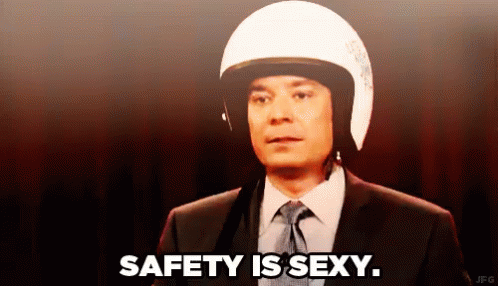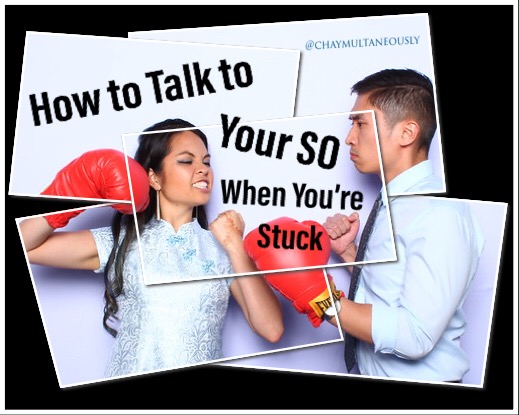The Dangers of Emotional Dumping
 |
| Photo by Daan Mooij on Unsplash |
This teacher was told by their student about this parent's passing. It was sudden and tragic. This teacher felt so saddened and overwhelmed that when the student was out of the room, told her entire class about it.
This pissed me off for two reasons:
1) When ANY person (child or adult) tells you something as heavy and devastating as a parent dying, the LAST POSSIBLE THING you should do is tell an entire room of youth about a story that isn't yours.
2) The fact that an educator is having such a difficulty with emotionally heavy information suggests to me that this educator (and many like them) is feeling overwhelmed and unsupported, thus making grave errors such as this one.
So now I feel that it is important to talk briefly about Emotional Dumping.
By telling their students, this teacher was basically forcing their students to take care of them. "Share this burden with me so I don't feel alone," was the message. We could imagine a scenario where this might not have been the case: 1) if the student had asked the teacher to share this information, 2) if the class were prepared ahead of time emotionally, and 3) if the teacher was holding the space for the students to support the student who had experienced the loss.
When we feel overwhelmed, it's easy to make this mistake. We think, "I have to get this off my chest" and turn to the people closest to us, and kids are often victims in emotional dumping. I see it every single day in my job - parents who are overwhelmed and lean too heavily on their young kids to emotionally support them.
So how do we safety plan against dumping?
- Who am I telling? Will they be able to hold this information on their own?
- What am I telling them and whose story is it?
- Where am I? Is it an appropriate place to speak about this?
- When is a good time to talk about heavy situations? Is the person I'm talking to in a space to listen?
- Why do I need to tell them?
As a counselor, I have to have my "people" during the day at work. These are people I know will understand appropriate boundaries, won't be sharing my feelings with others, and recognize that we have to keep going through the rest of the day after an emotional dump. These people are taking care of themselves, have other support people besides me, and give their time equally to me and can lean on me if they need it too. *Sustainable* is a keyword that keeps coming back to me in my work.. if it's not sustainable, you'll burn out and your job, or your personal life, or your social life, or all of them will suffer; each requires your energy and in a "perfect" life, they would all sustain each other.
Anyways. That is my short rant on emotional dumping. Always have your people to emotionally dump on, who have accepted this role as part of your friendship. Never emotionally dump on your kids. It's like asking them to lift a car with their bare hands. You may have been emotionally dumped on as a kid - remember what that feels like, and break the cycle!!




Comments
Post a Comment